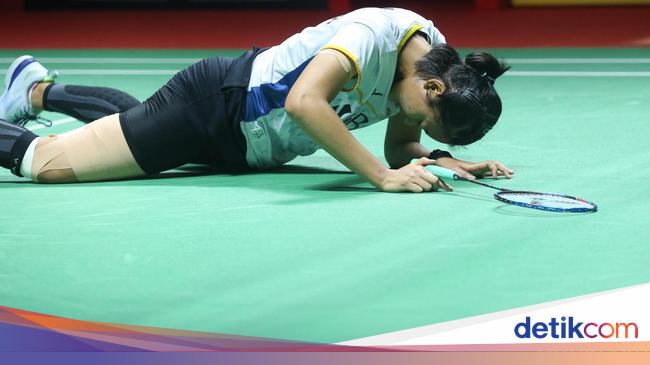Dozens of Russians connected to President Vladimir Putin or the Russian military are still welcome in European Union countries, despite heavy sanctions intended to isolate Russia over the war in Ukraine. This has drawn criticism from politicians and antiwar activists who argue that these individuals should be held accountable for their ties to Putin and the ongoing conflict.
Among those who have faced criticism is Yelena Isinbayeva, an Olympic gold medal-winning Russian pole vaulter with close ties to Putin. She is currently living in a luxurious residence worth millions in Spain’s Canary Islands. Isinbayeva also holds the honorary rank of major in the Russian army.
The daughter and son-in-law of Boris Obnosov, head of the Russian-owned Tactical Missiles Corporation, continue to live in Prague, where the family owns numerous properties and luxury vehicles. The corporation produces missiles and aerial bombs that have been destroying Ukrainian cities and infrastructure for over a year.
Maria Kitayeva, a former adviser to Russian Defense Minister Sergei Shoigu and an honorary major general, has made repeated trips to Hungary and Italy for shopping sprees over the past year. She is reportedly in a relationship with Deputy Defense Minister Timur Ivanov.
Last month, 15 members of the European Parliament urged the European Commission to impose sanctions on Obnosov’s close family members. His daughter and son-in-law have lived in the Czech capital since 2020, where they reportedly own real estate worth more than $8 million.
Isinbayeva recently moved with her family to Tenerife, where they now spend time between luxury villas. According to an investigation by the Anti-Corruption Foundation, Isinbayeva bought two villas and a penthouse worth roughly $3.2 million, which allowed her to receive a Spanish residency permit, just two weeks after Russia’s full-scale invasion of Ukraine in February 2022.
Despite the escalating conflict and Putin’s anti-Western rhetoric, Isinbayeva and other supporters of the Russian president and his war continue to frequent their homes in Europe or make shopping trips to European

Should European Union countries enforce stricter sanctions on individuals with close ties to President Putin or the Russian military, despite the ongoing conflict in Ukraine?
Dozens of Russians connected to President Vladimir Putin or the Russian military are still welcome in European Union countries, despite heavy sanctions intended to isolate Russia over the war in Ukraine. This has drawn criticism from politicians and antiwar activists who argue that these individuals should be held accountable for their ties to Putin and the ongoing conflict.
One such individual facing criticism is Yelena Isinbayeva, an Olympic gold medal-winning Russian pole vaulter with close ties to Putin. She is currently living in a luxurious residence worth millions in Spain’s Canary Islands. Isinbayeva also holds the honorary rank of major in the Russian army.
Another example is the daughter and son-in-law of Boris Obnosov, head of the Russian-owned Tactical Missiles Corporation, who continue to live in Prague. The family owns numerous properties and luxury vehicles, despite the fact that the corporation produces missiles and aerial bombs that have been destroying Ukrainian cities and infrastructure for over a year.
Maria Kitayeva, a former adviser to Russian Defense Minister Sergei Shoigu, has made repeated trips to Hungary and Italy for shopping sprees over the past year. She is reportedly in a relationship with Deputy Defense Minister Timur Ivanov.
Last month, 15 members of the European Parliament urged the European Commission to impose sanctions on Obnosov’s close family members, who have lived in the Czech capital since 2020 and reportedly own real estate worth more than $8 million.
Isinbayeva recently moved with her family to Tenerife, where they now spend time between luxury villas. According to an investigation by the Anti-Corruption Foundation, Isinbayeva bought two villas and a penthouse worth roughly $3.2 million, which allowed her to receive a Spanish residency permit, just two weeks after Russia’s full-scale invasion of Ukraine in February 2022.
Despite the escalating conflict and Putin’s anti-Western rhetoric, Isinbayeva and other supporters of the Russian president and his war continue to frequent their homes in Europe or make shopping trips to European countries.

